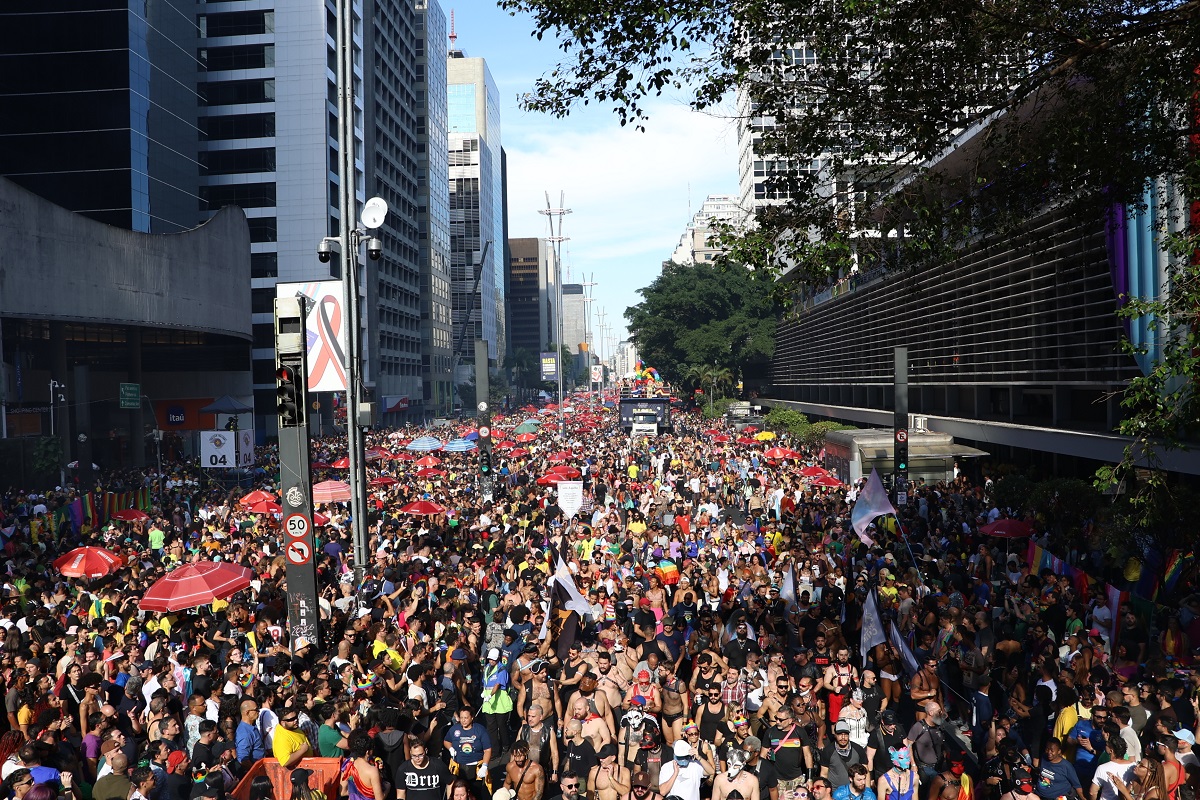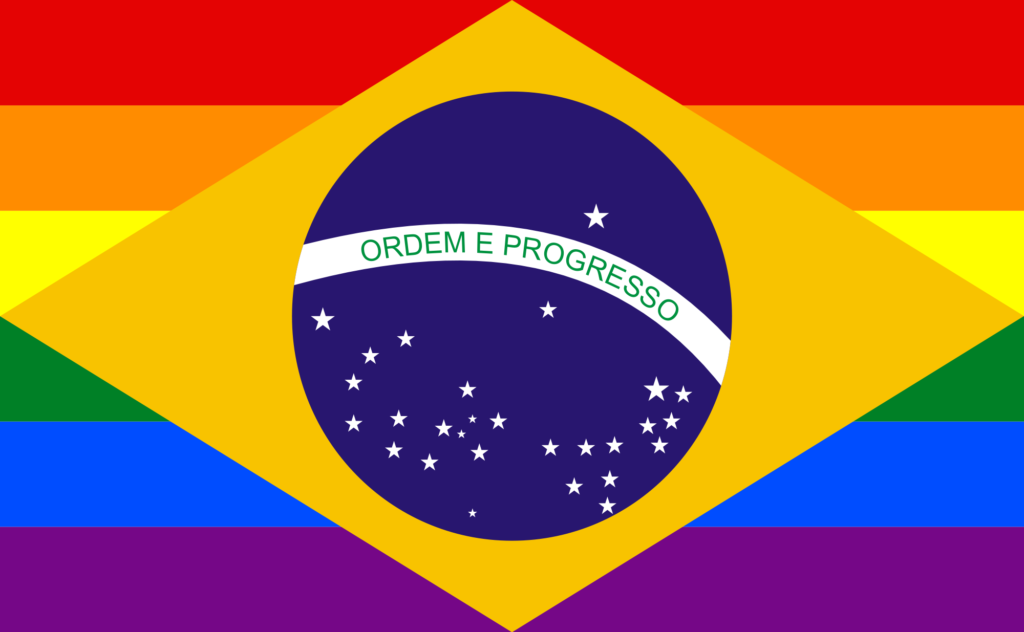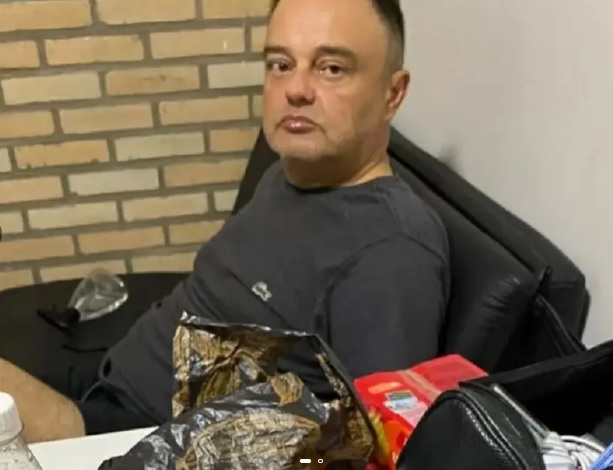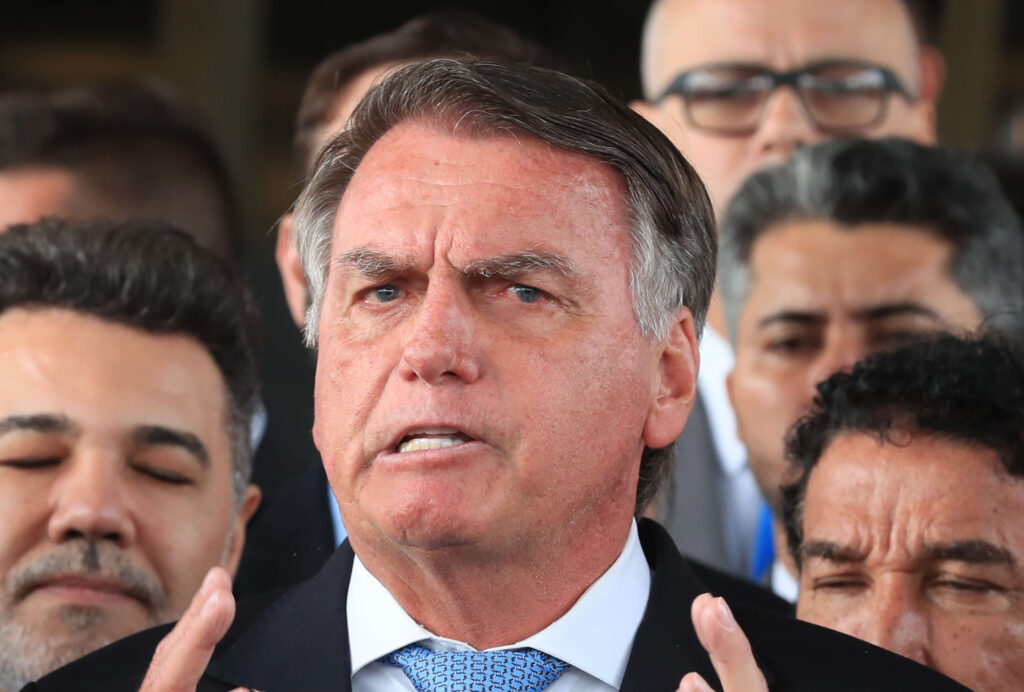São Paulo, Brazil – LGBT+ people and supporters from all corners of Brazil and even other countries gathered on Sunday in the country’s largest city, São Paulo, to celebrate diversity, love, and to reaffirm their commitment to the freedom to be themselves.
After a week of cloudy weather, with temperatures fluctuating between 10°C and 20°C, the sun came out, pushing thermometers up to 26°C along Avenida Paulista, the city’s main thoroughfare.
The rainbow, a symbol of LGBT+ rights, was ubiquitous — painted on faces, adorned on clothing, waving flags, and on sparkly accessories.
The party kicked off at 10 a.m., and over the course of more than six hours, dozens of artists performed on 16 parade floats that traveled the 1.7 miles of the avenue, drawing large crowds.

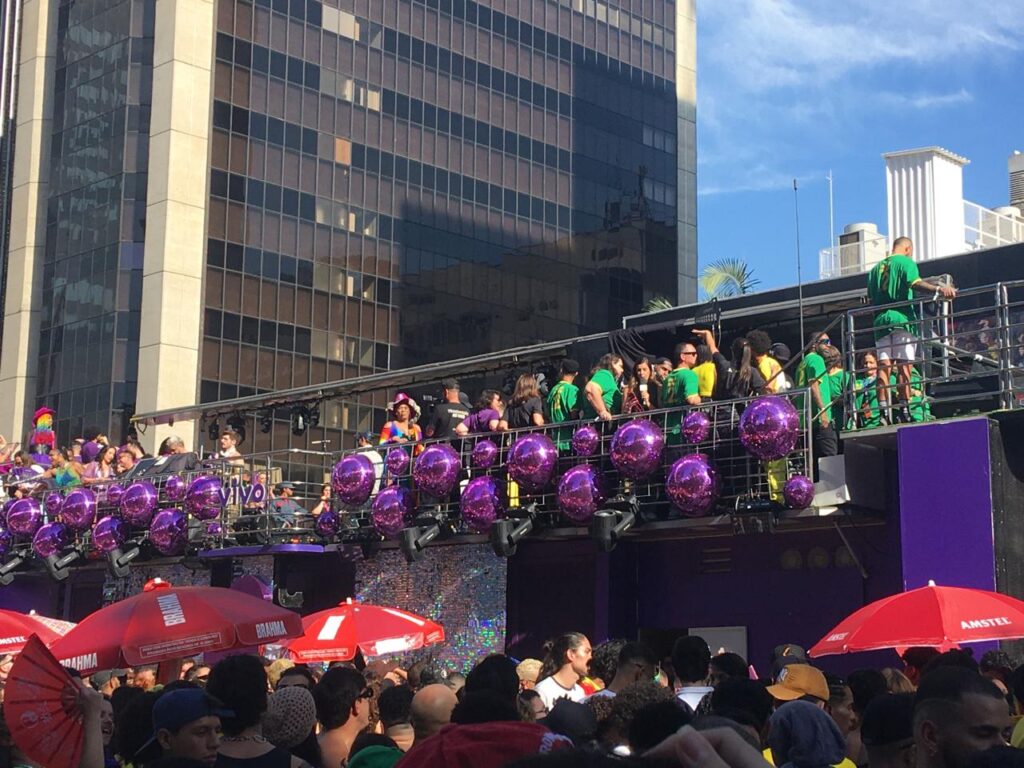
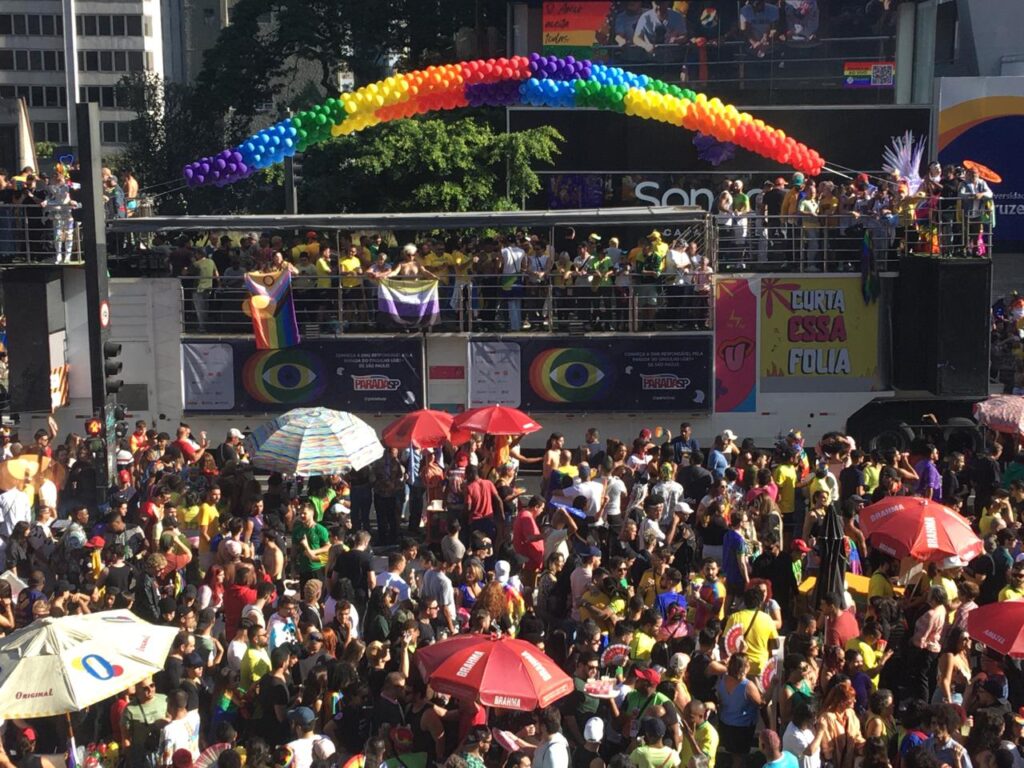
(Thiago Alves/Brazil Reports)
According to the São Paulo LGBT Pride Parade Association (APOLGBT-SP), which organized the event, over 3 million people participated in the celebration.
With a strong political message, the 2024 parade’s slogan declared: “Enough Negligence and Setbacks in the Legislature: Vote Consciously for LGBT+ Rights,” a nod to the municipal elections scheduled for October across Brazil.
A couple for more than three years, book editor Lilian Santos and anthropologist Bianca Barbosa attended the LGBT+ parade and spoke with Brazil Reports.
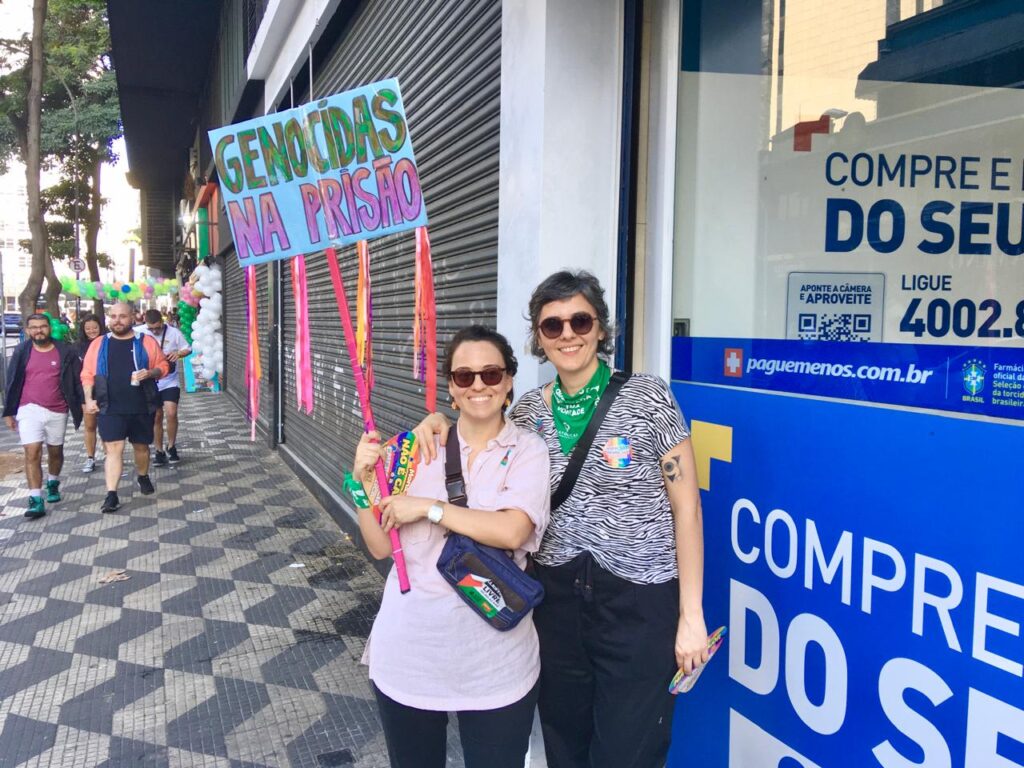
(Thiago Alves/Brazil Reports)
For Bianca, the event highlighted the ongoing struggle for more representation and equality.
“I think it’s about showing that these are viable existences and that we are people,” she said. “It’s very basic. We are human beings and we must have the freedom to live our sexual, romantic lives however we want. And it’s incredible that we have to explain this to others, that we have the right to be happy.”
Pride and Dignity
The fight for more rights is justified, and large mobilizations like Sunday’s strengthen the movement, further legitimizing its agenda with legislators.
Brazil has alarming rates of violence against LGBT+ individuals. Data from the Observatory of LGBTI+ Deaths and Violence indicates that 230 homicides were recorded against this section of the population in the country last year — one case every 38 hours. However, the numbers could be even higher, as the observatory’s report relies on media recognition of the victims’ gender identity, a method that cannot be considered 100% effective.
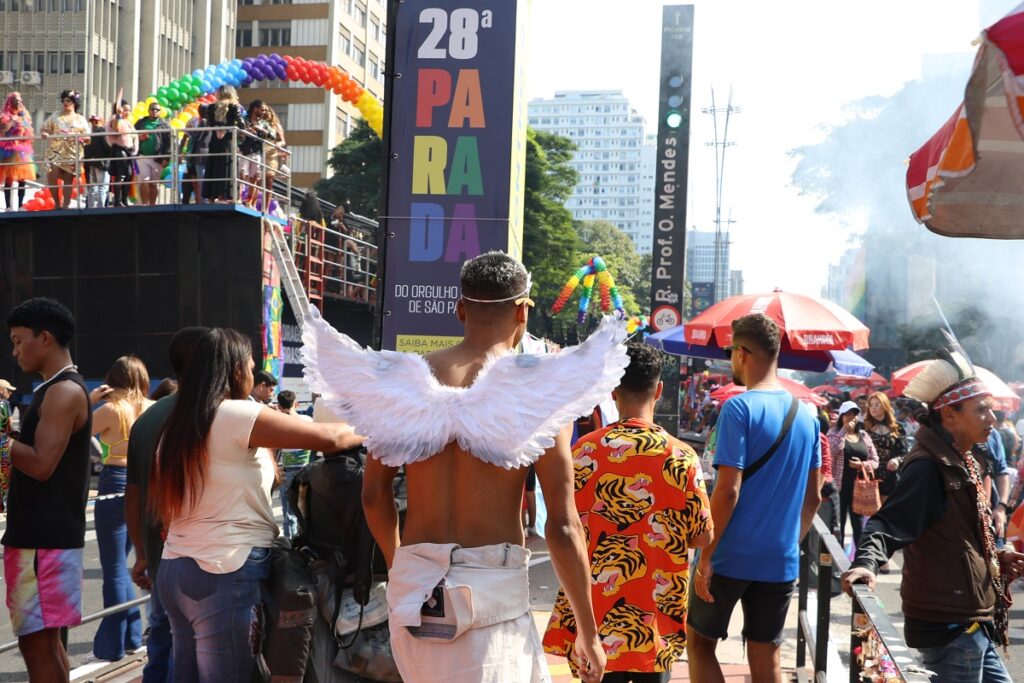
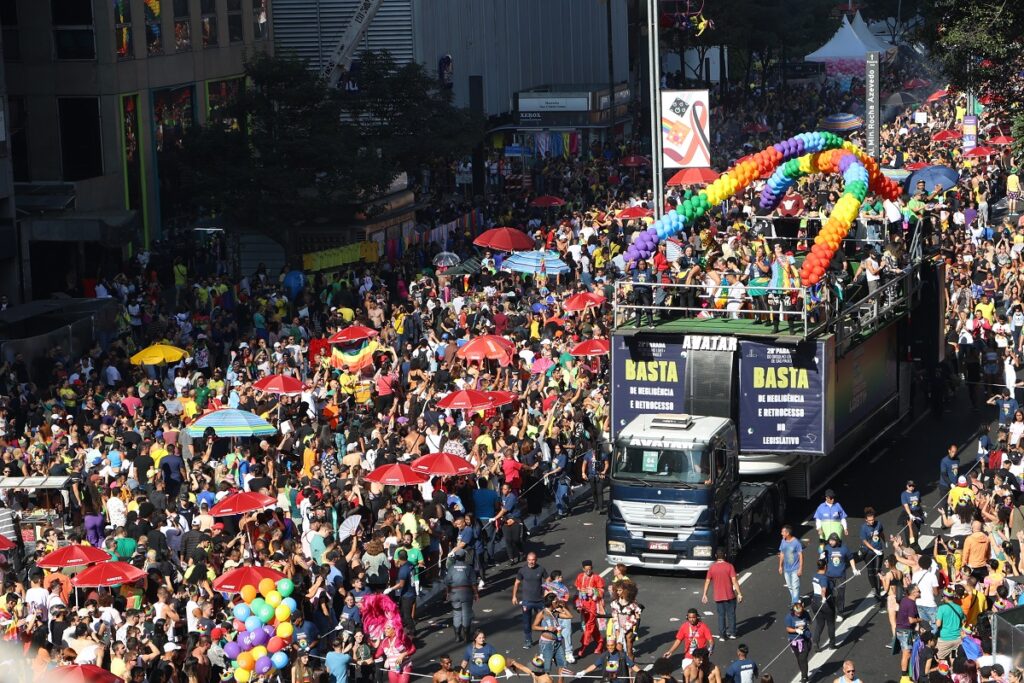
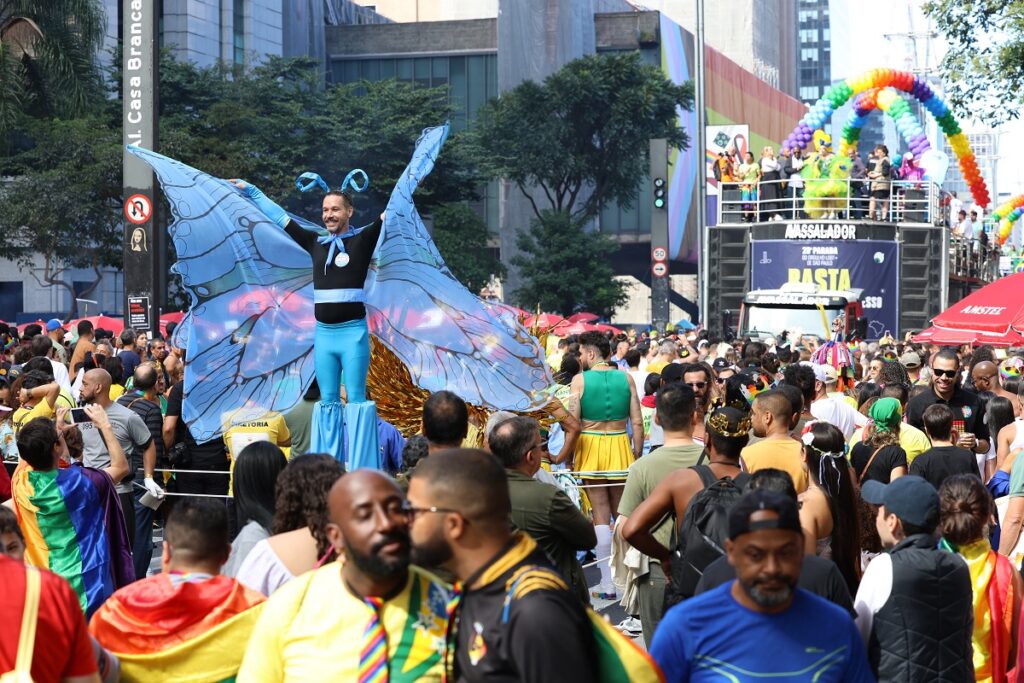
(Rovena Rosa/Agência Brasil courtesy)
Although Santos and Barbosa have not experienced physical violence, they shared instances of prejudice they have faced.
“It was right here on Avenida Paulista. Someone passed by and shouted ‘dyke.’ And I responded, ‘I am, and I’m proud of it!’ But the person said it intending to insult me,” recalled Santos.
“In 2011, my girlfriend at the time was hit by a car while cycling and had to call an ambulance. I quickly drove to where she was,” said Barbosa. “But when the ambulance arrived, her mother was already there and wouldn’t let me accompany her to the hospital. I went to the hospital, and she didn’t let me see her. She didn’t like our relationship, and I think that was an episode of homophobia that left me very upset.”
From atop a sound truck on the avenue, Human Rights Minister Silvio Almeida addressed the crowd to open the festivities. Without specifically mentioning violence against LGBT+ people, Almeida delivered an emotional speech calling for more protection for the community.
“I don’t want any parent to have to mourn the death of their child,” said the minister. “I want all mothers and fathers to know that their children, regardless of who they are or who they love, will come home alive. They will have a dignified life, they will be respected.”
Work safety supervisor Rodrigo Araújo and his partner, nursing technician Ildomar Lourenço, traveled from Vitória, the capital of the state of Espírito Santo, to participate in the parade. For them, the event symbolized a rallying cry that defends everyone’s right to choose.
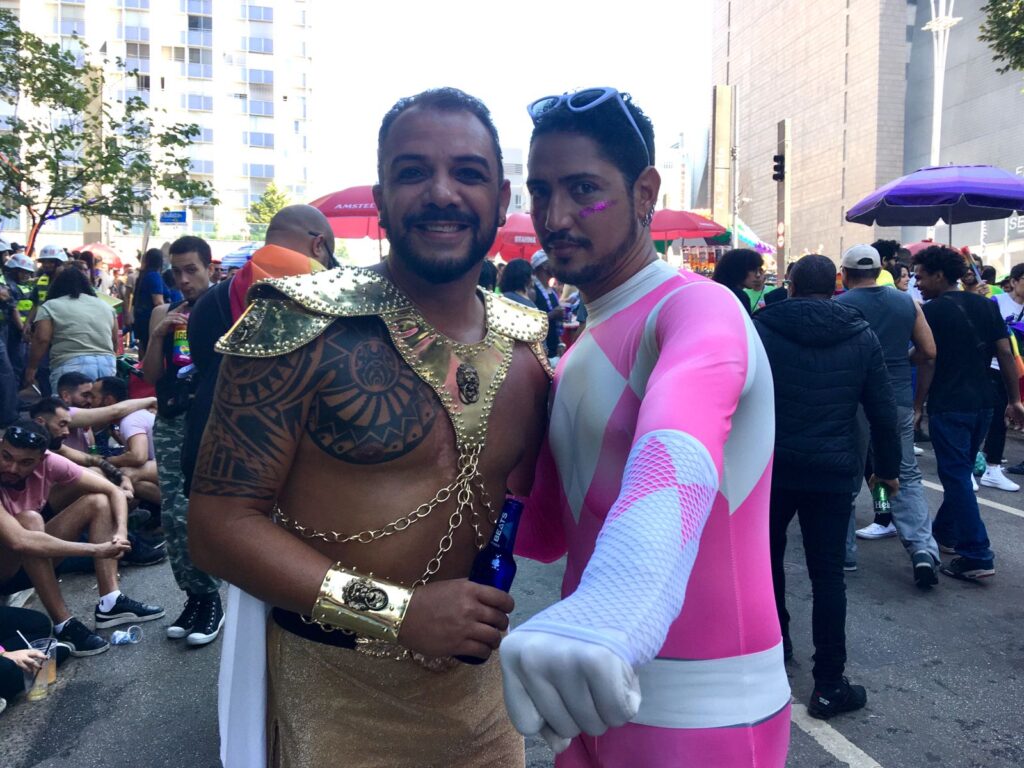
(Thiago Alves/Brazil Reports)
“This movement represents our feelings, our freedom, our desires, our values, because we do have values. This represents our victory each year for what we fight for and what we believe we deserve, which is respect. Simple respect,” said Araújo.
In addition to its festive, social, and political nature, the LGBT+ parade plays a very important role in São Paulo’s tourism sector.
Projections from APOLGBT-SP indicate that over R$ 500 million (USD $95 million) was injected into the city during the pride events, benefiting primarily tourism-related businesses such as bars, restaurants, hotels, and nightclubs.
According to a survey by the São Paulo City Hall, tourists who came for the 2023 LGBT+ parade and stayed at least three nights in the city spent an average of R$ 1,106 (USD $210), contributing R$ 600 million (USD $115 million) to the local economy.


